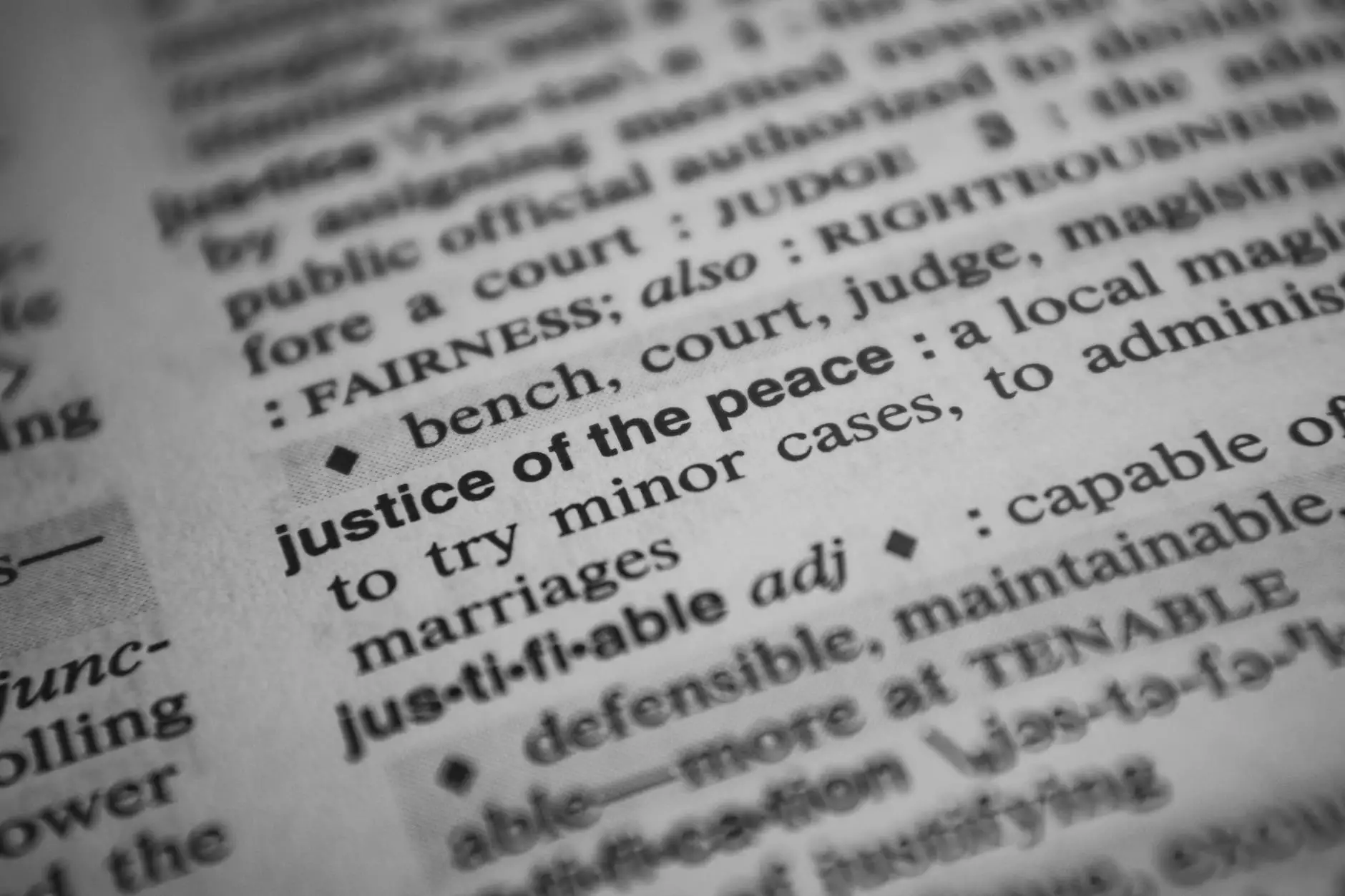Except vs Except For: Exploring the Nuances of Two Confusing Vocabulary Terms
English Vocabulary Lessons
The Difference Between Except and Except For
Welcome to NJCLT, your comprehensive language resource! In this lesson, we will dive deep into the proper usage of two commonly confused words: except and except for. Though seemingly similar, these two terms have distinct nuances that can often cause confusion among English learners. By understanding the differences and learning how to use them correctly, you can enhance your vocabulary and improve your overall language skills.
Understanding "Except"
Let's start with the word except. In its simplest form, except is a preposition that means to exclude or leave out someone or something from a group. It indicates an exclusion or exception from a general rule or statement. Here are a few key points to remember:
1. Options and Choices
When using except, you are expressing options or choices. It implies that everything or everyone is excluded except for what you specifically mention. For example:
- I like all fruits except bananas. (Implying that bananas are the only fruit not liked)
- She invited everyone in the class except Tom. (Indicating that Tom is the only person excluded from the invitation)
2. General Statements
Except can also be used in general statements to exclude something or someone from a broader category. Consider the following examples:
- All birds can fly, except penguins.
- He knows all the countries in Europe except for Greece.
Exploring "Except For"
Now, let's move on to the term except for. While similar to except, except for has a slightly different meaning and usage. This phrase is typically used to introduce an exception and provides additional context to the exclusion. Here's what you need to know:
1. Adding Additional Information
The phrase except for is used to provide additional information about the exclusion. It is commonly followed by a noun or noun phrase that further clarifies the exception. Consider the following examples:
- All the children, except for Sarah, went to the park.
- I've read all the books in the series, except for the last one.
2. Reservations or Limitations
In certain situations, except for implies a reservation or limitation in addition to the exclusion. It suggests that the statement or condition is true, except for a particular aspect. Take a look at these examples:
- She would have aced the exam except for a minor mistake.
- The company performed exceptionally well except for its marketing department.
Common Mistakes with Except and Except For
Understanding the nuances between except and except for can help you avoid common mistakes. Here are a couple of errors to watch out for:
1. Unnecessary Use of "For"
One common mistake is adding for after except unnecessarily. Remember, except can stand alone and doesn't always require the addition of for. For instance:
- Incorrect: I like all fruits except for bananas.
- Correct: I like all fruits except bananas.
2. Misplacement of "For"
Another common mistake is misplacing for within the sentence structure. It's essential to position it correctly to avoid confusion or alter the intended meaning. Consider the following example:
- Incorrect: Except Tom, she invited everyone in the class.
- Correct: She invited everyone in the class except Tom.
Conclusion
Congratulations on completing this comprehensive vocabulary lesson on except and except for. Rest assured, with practice, you will gain confidence in using these words accurately and effectively. Remember to pay attention to the context, clarify your intended meaning, and double-check your sentence structure. Keep exploring the fascinating world of words, and soon, you will master even the most perplexing vocabulary challenges! Stay tuned for more language tips and resources from NJCLT, your trusted language companion.










